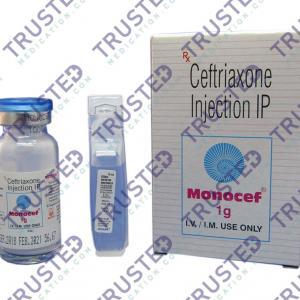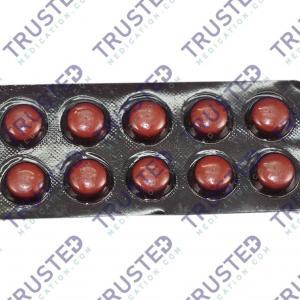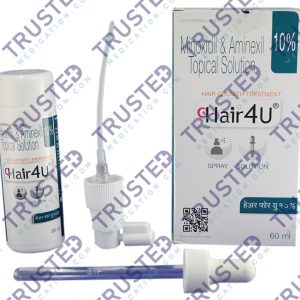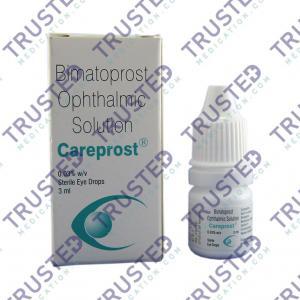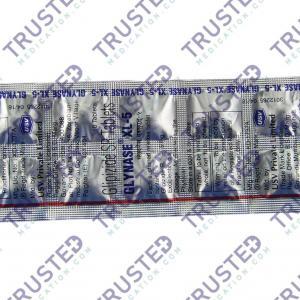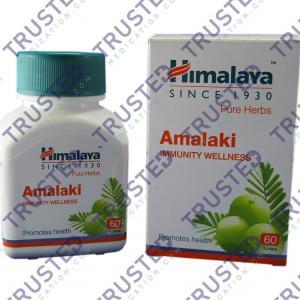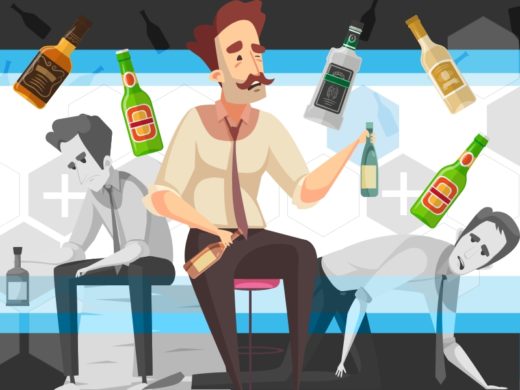
Overcoming alcohol addiction can be a long and bumpy road and may be impossible at times. It doesn’t matter how heavy you drinking or how powerless you feel if you want to stop drinking and get the support you need to overcome alcoholism and alcohol abuse. As a gradual process, many people with alcohol problems do not change their drinking habits overnight or make big changes out of the blue. It is important to acknowledge your ambivalence about stopping drinking.
Symptoms of Alcohol Addiction

- Indulging in alcohol despite knowing it is detrimental to your health, social life, work, or relationships
- Being sick, sweating, shaking, and experiencing withdrawal symptoms if you don’t drink, or drinking to avoid these symptoms
- Being unable to limit the amount of alcohol you drink
- Drinking too much or trying to cut down on it but failing
- Giving up or reducing social and work activities and hobbies to use alcohol
- Having a reduced or a diminished reaction to alcohol as a result of tolerance
- Consuming alcohol, getting alcohol, or recovering from alcohol consumption
- Feeling a strong craving or urge to drink alcohol
- Failing to fulfill major obligations at work, school, or home due to repeated alcohol use
Ways to Overcome Alcohol Addiction
- Consider your social situation. You should develop a supportive network of friends and family members who can aid you in your recovery. You may need to distance yourself from friends and social situations that impair your recovery.
- Develop healthy habits. It may be easier for you to recover from alcohol use disorder if you get enough sleep, exercise regularly, manage your stress more effectively, and eat well.
- Learning new skills and making a treatment plan. This process usually involves alcohol treatment specialists. Counseling and follow-up care at treatment centers may be included. Goal setting, behavior change techniques, and self-help manuals may also be used.
- Manage your psychological problems. Alcohol use disorder commonly occurs along with other mental health disorders. A talk therapy session, medication, or other treatment may be needed if you suffer from depression, anxiety, or another mental health condition.
- Do things that do not involve alcohol. You can replace hobbies or activities that involve alcohol with activities that do not involve drinking.
- Psychological counseling. Psychological aspects of alcohol use can be treated through counseling and therapy for groups and individuals.
Using Acamprosate to Overcome Alcohol Addiction
Acamprosate is used specifically for patients who are fighting alcohol dependence. It is also given to patients who are experiencing alcohol withdrawal symptoms during the detoxification process. It works by restoring the natural balance of neurotransmitters in the brain. Acamprosate also reduces the urge for alcohol because it works directly on the neurotransmitter.

